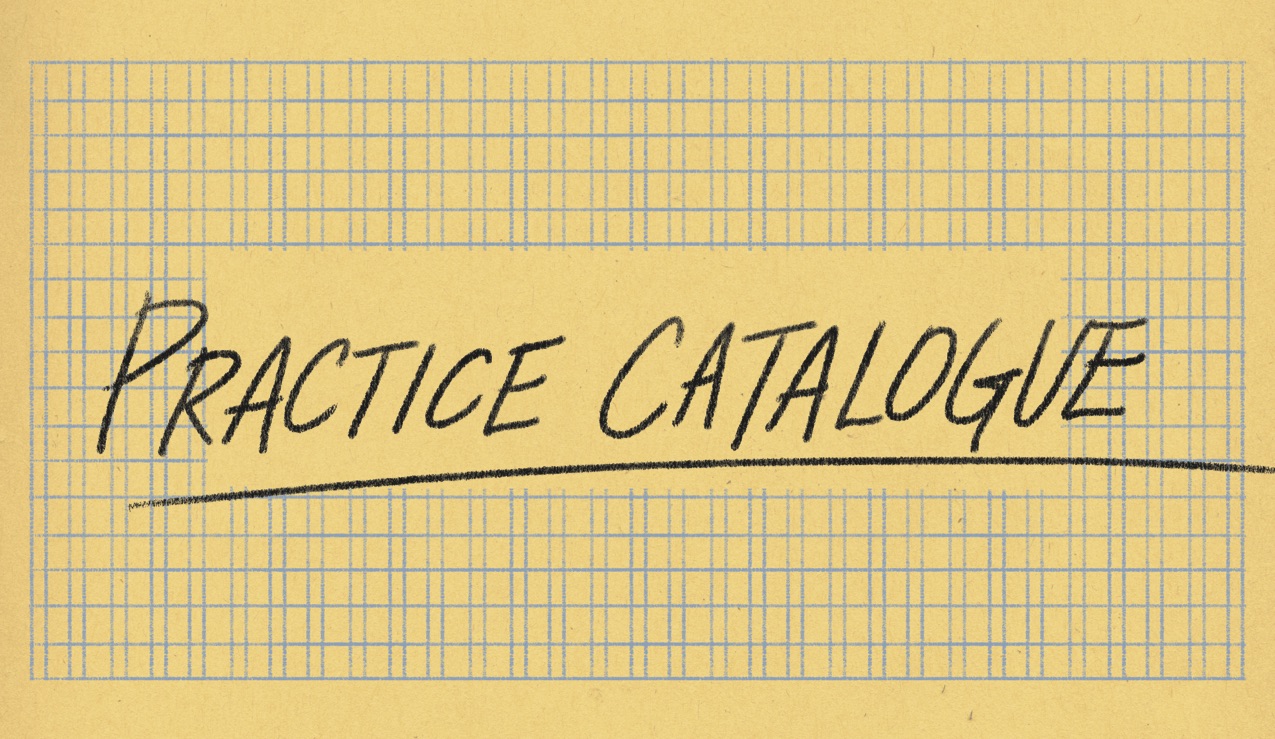Anthony Madrid's Five Public Cases, August 2018
1
Someone wanted to know if poems could be graded on a scale of 1–100. Our teacher said she could not grade works of art according to such a scheme. For some reason, everyone wanted it to be possible, that day. One of the students took the following line:
—Can you sort poems into piles of Good, Bad, and Indifferent?
—I suppose so.
—Well, could you not further subdivide the “Good” pile, separating the best items from those that are merely accomplished?
Our teacher saw where this was headed and said:
—I could do it, but it would be arbitrary. In fact, I already feel uneasy about the distinctions in the first selection. Can I really tell the difference between, say, “bad” and “indifferent”?
Comment. We’ve all encountered this many times. “This piece is an immortal classic, but this one is nothingness—everyone agrees, but is it true? What if someone well informed, good-looking, witty and full of cunning, is indifferent to both?” All this is familiar. The value of the present case depends, instead, on the words “that day” in “For some reason, everyone wanted it to be possible, that day.” They don’t always want it to be possible; it was a passing mood. It always is.
2
Our teacher was complaining . . .
—A long time ago, a certain genius said “A poem should not mean but be.” But that sentence sounds like a definition of poems that nobody reads. They’re there, buried in the libraries of the world. Or in landfills. They have being but they don’t mean. Whereas poems that are valued…well, they’re valued exactly because of what they mean. So isn’t the apothegm completely absurd?
The most sullen kid in class, an engineering major who seemed to care nothing about poetry, art, or feelings, and who had never said anything all semester, spoke:
—You are complaining about the meaning of a sentence that denies the value of meaning. You should confront the sentence’s being, not its meaning. Its being is beyond right and wrong.
Comment. Who fell for the trap here? Note that the engineering major did not add “Anyhow that’s clearly what the genius meant when he wrote…” That would have been fatal.
3
Someone’s friend, from another school, said:
—I was taught that metaphors are bad because they’re lies. They don’t let things be whatever they are. But at this school everyone puts in metaphors everywhere. So who is right?
—Your teachers were right, insofar as they wanted to dissuade you from lying. But our teachers are right in encouraging us to write good poetry.
Comment. I perceive an important distinction that doesn’t seem to have interested the two goody-goodies in the dialogue—namely the distinction between {lying} and {saying things that aren’t true}. Apropos of the arts, everybody obviously allows the latter. Yet the former seems very important. Especially to poetry. I want to ask all of you: Downright rascality, the desire to cause mischief—is a poetry teacher right to discourage those things?
4
A giddy and credulous young man, one who could never conceive of himself as being the source of grievance to anyone, but who was perpetually aggrieved in all his personal relations, said:
—Irony belongs to the aloof. It is always an act of parading one’s superiority. It is therefore inherently ostentatious, and that is why I shun it.
—Aren’t you at fault too, though? What would you say to someone who said “Whoever criticizes parades their superiority”—?
—I would say: “No, no, I’m just muddling along. I’m not superior, and if I seem to be on a crusade, I do it in a spirit of grim necessity.”
Comment. It’s true: the soldier in the field does not, out of a sense of superiority, shoot at the people who are shooting at him. But is this really a persuasive figure for the position of a critic? Just the same, the giddy, credulous, and aggrieved young man is surely on to something.
5
—Marianne Moore is to prosody what the Marquis de Sade was to holding hands and sharing a milkshake.
—May I ask whether that is a good or bad thing?
—It’s obviously bad.
—Maybe it’s good, though. Sade’s not nothing. Don’t we kind of need him?
—“Need” doesn’t matter here. I’m interested in pleasure. Maybe we “need” pain and disgust? Fine, but we get plenty without courting it.
Comment. These two seem quite agreed that Moore is a pervert. She takes something that should be nice and turns it into a curdling mess. But how in the world can something be compared to de Sade if no one even notices it? Is that not the case with Moore’s prosody? Or let me take it one step further and suggest that maybe the first person in the dialogue is Young Goodman Brown.
[Anthony’s most recent book is Try Never (Canarium, 2017)]
